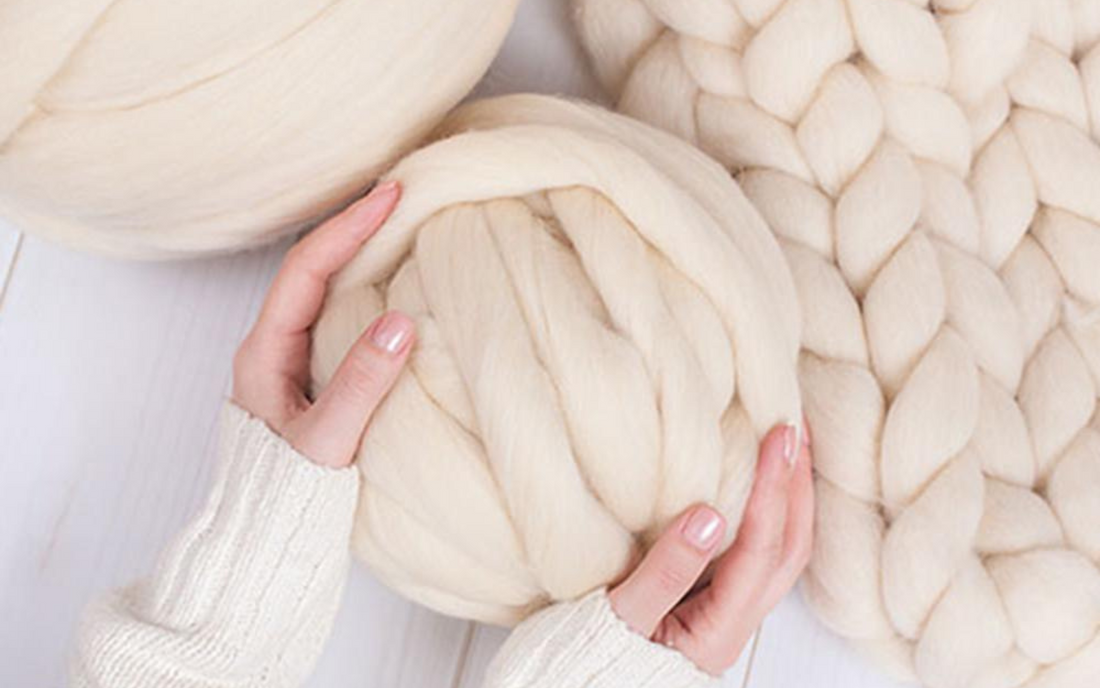Modern science still cannot duplicate the amazing natural properties of superfine merino wool fibre. Merino fibre is one-tenth the thickness of a human hair and this extraordinary fineness combined with its natural crimp produce millions of tiny air pockets that trap air to insulate your baby on cooler nights.
The air temperature in a nursery can fluctuate from day to day, and especially into the early hours of the morning. Newborn babies often wake up either too hot or too cold because it takes time for their body to develop the full capability to regulate its temperature. Only merino fibre has the remarkable ability to regulate body temperature to compensate. It captures air to insulate your baby when the room temperature falls, and releases excess body heat and moisture as the room temperature rises, creating the perfect micro-climate around its body.
Merino fabric will readily absorb perspiration and release it into the air to help prevent your baby from overheating and waking up damp. Tests conducted by the Commonwealth Scientific and Industrial Research Organisation (CSIRO) in Australia showed that merino fabric has an amazing capacity to absorb liquid - up to 35% of its own weight - compared with synthetic fabrics which are commonly at around 1% absorption. So, synthetic fibres may appear to be warm, but they don’t breathe, making it more likely for your baby to perspire. This creates a moist environment and a chill zone next to your baby’s skin. Bacteria are more likely to survive in these conditions.
Cotton is not as poor as synthetics and typically absorbs moisture up to 24% of its own weight. However, cotton does not release moisture sufficiently and babies sleeping in cotton can still wake up damp and chilled from their perspiration.

